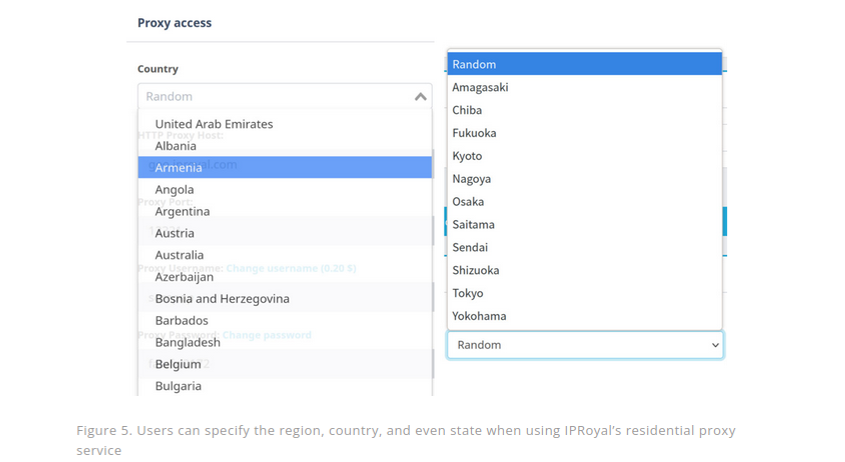
Frequently Asked Questions on AI Integration for Technology
Artificial Intelligence (AI) has rapidly become a staple in many facets of technology. From your smartphone’s voice assistant to powerful algorithms used in healthcare, AI is deeply ingrained in our modern life. Yet, despite its ubiquity, questions abound on the specifics of AI integration. Here, we tackle some of the most common queries:
- What exactly is AI integration?
AI integration refers to the process of incorporating artificial intelligence capabilities into existing or new software, hardware, or systems. This can be as simple as adding a chatbot to a website or as complex as integrating deep learning algorithms into a car’s autonomous driving system.
- How does AI integration differ from just having AI?
Having AI generally means that a system has the capability to perform tasks using intelligence that mimics human-like decision-making processes. AI integration, on the other hand, focuses on blending these capabilities seamlessly into broader systems. For instance, a standalone AI program can analyze data, but AI integration might involve embedding this program into your organization’s CRM software.
- What industries benefit the most from AI integration?
While almost every sector can gain from AI, certain industries have been notably transformed:
Healthcare: AI aids in diagnosis, personalized treatment, and predicting patient needs.
Finance: Algorithms can predict market trends, manage risk, and automate trading.
Automotive: The push for self-driving cars relies heavily on AI for decision-making and navigation.
Retail: From recommendation engines to inventory management, AI streamlines various processes.
- How do businesses implement AI into their existing tech stack?
Businesses typically follow a step-by-step approach:
Needs Assessment: Determine what problems AI can solve.
Choose the Right AI: Depending on the problem, solutions may range from simple machine learning to advanced neural networks.
Data Collection: AI thrives on data. Accumulating relevant, high-quality data is crucial.
Training and Testing: Before full deployment, the AI system should be rigorously trained and tested.
Deployment and Monitoring: Once integrated, continuous monitoring ensures the system is operating optimally.
- Are there ethical concerns with AI integration?
Certainly. AI ethics is a vast field. Some concerns include:
Bias and Fairness: If training data is biased, AI can perpetuate or amplify these biases.
Privacy: AI systems, especially those dealing with personal data, can raise privacy concerns.
Transparency: Understanding how an AI reached a decision (often called “explainability”) can be challenging.
Job Displacement: As AI takes over certain tasks, there are concerns over job losses.
- What are the limitations of integrating AI?
While AI offers incredible benefits, it’s not without constraints:
Dependency on Data: AI requires massive amounts of data. Without it, accuracy may suffer.
Complexity: AI can be complicated to understand and implement, demanding expertise.
Cost: Integration can be expensive, both in terms of financial investment and time.
Over-reliance: Relying too heavily on AI without human oversight can lead to mistakes.
- Can small businesses also integrate AI?
Absolutely. While big corporations have vast resources, many AI tools and platforms are accessible and affordable for small businesses. From marketing automation to customer support chatbots, small businesses can find niche AI solutions tailored to their needs.
- How does AI integration impact user experience?
When done right, it enhances it:
Personalization: AI can tailor experiences based on user preferences and behavior.
Efficiency: Automation speeds up processes, reducing wait times for users.
Interactivity: Voice assistants and chatbots offer users novel ways to interact with platforms.
However, if integrated poorly, it can be a source of frustration—imagine a chatbot that doesn’t understand user queries or a recommendation system that constantly misses the mark.
- Will AI integration mean lesser human involvement in technology?
Not necessarily. While AI can handle many tasks autonomously, human oversight is essential. Moreover, as AI takes over repetitive tasks, humans can focus on more strategic, creative, and complex challenges.
- What’s the future of AI integration?
The future promises even more seamless integration. We can anticipate:
Ubiquitous AI: AI will be everywhere, from our homes to our workplaces.
Collaborative AI: Systems where humans and AI work closely together.
Evolutionary AI: Systems that evolve and adapt on their own, learning continuously from their environments.
In conclusion, AI integration is a transformative process, bringing with it a host of benefits and challenges. As technology continues to evolve, the line between human and machine intelligence may blur, but the quest for seamless integration that amplifies the best of both worlds will always remain.
Contact Cyber Defense Advisors to learn more about our AI Integration for Technology solutions.





